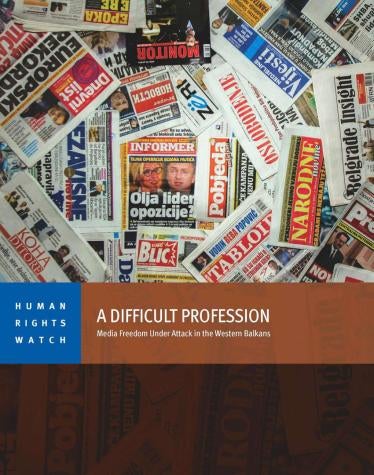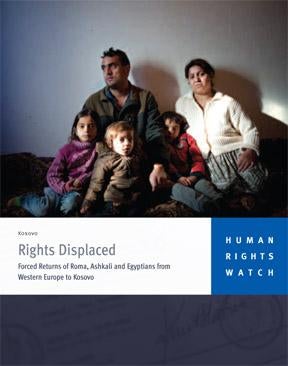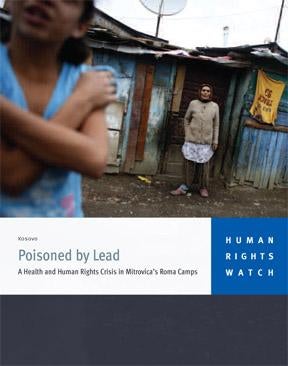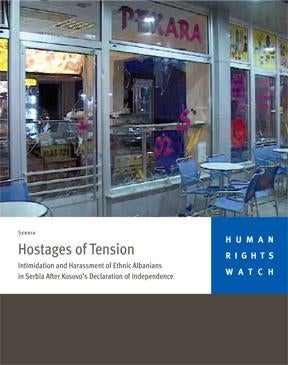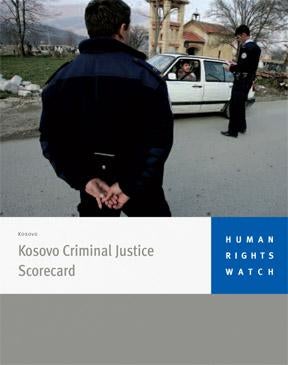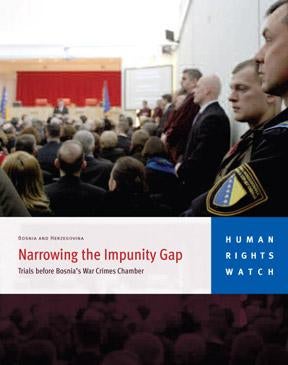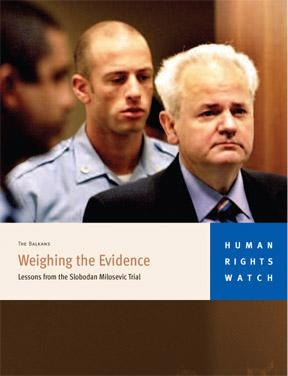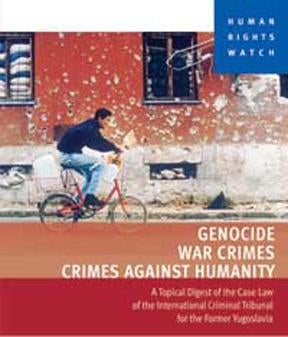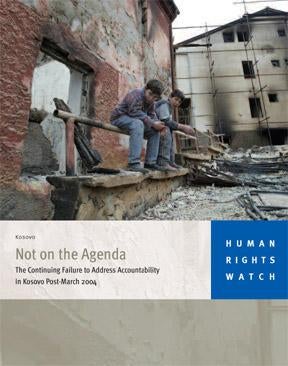“It is My Dream to Leave This Place”
Children with Disabilities in Serbian institutions
This report documents the pressure families face to send children born with disabilities to large residential institutions, often far away from their homes, separating them from their families. There, children may experience neglect, inappropriate medication, and lack of privacy and have limited or no access to education.


